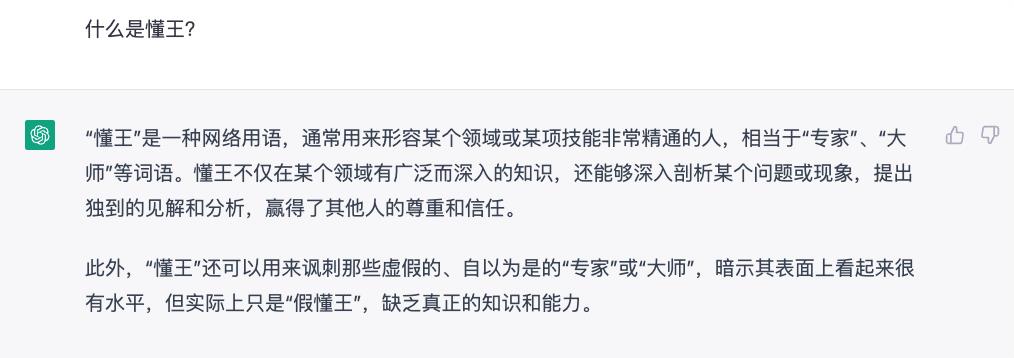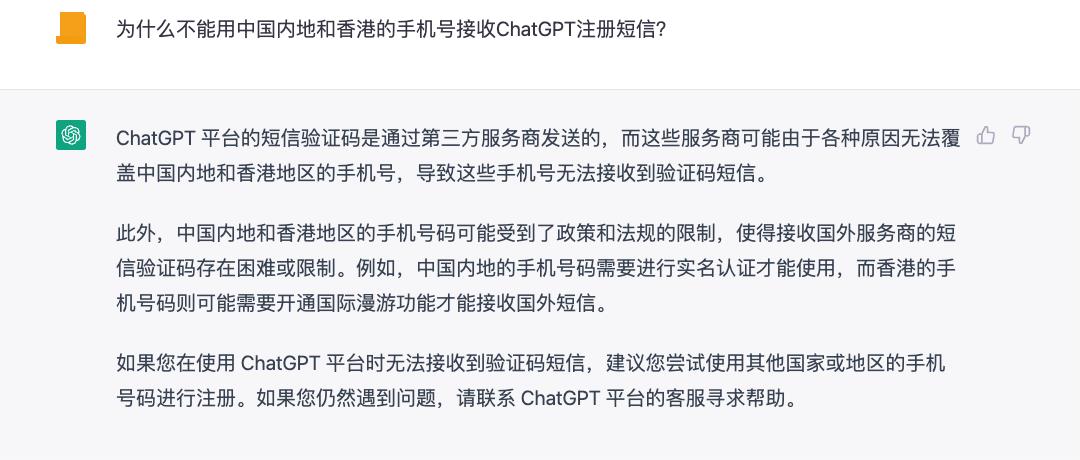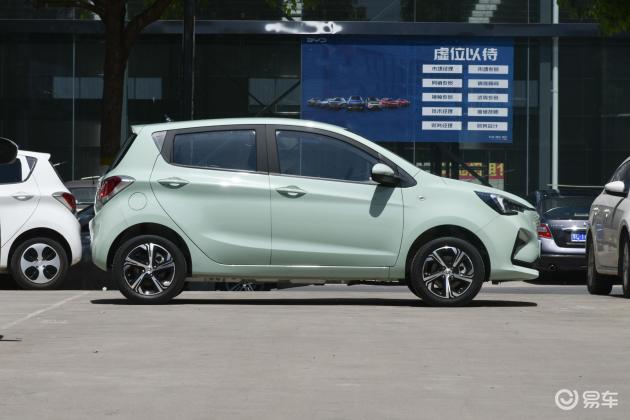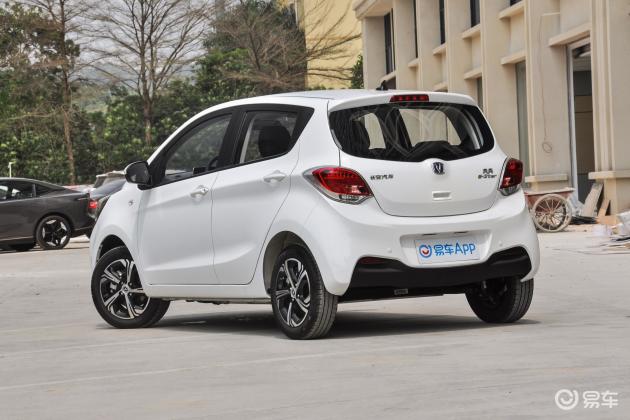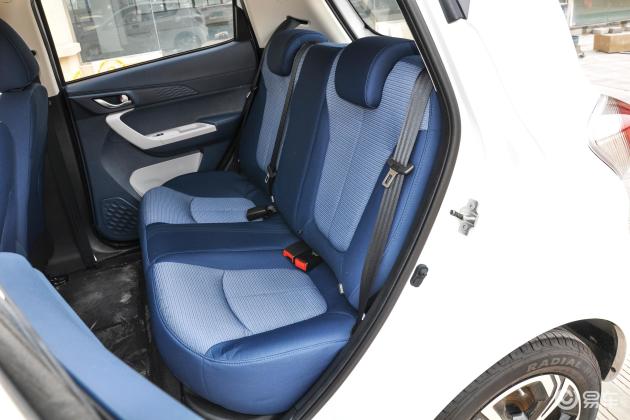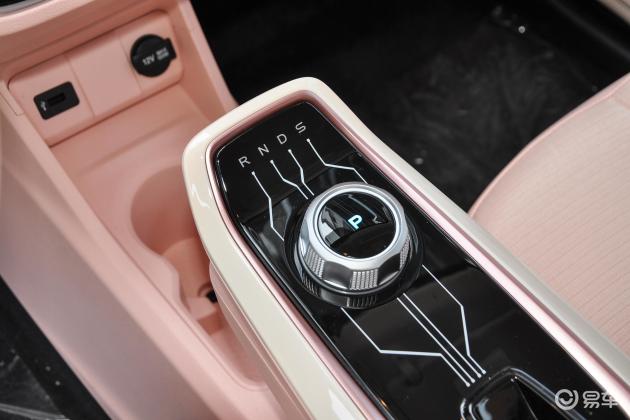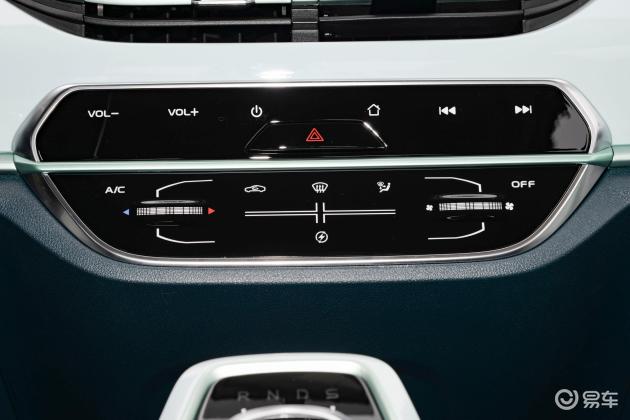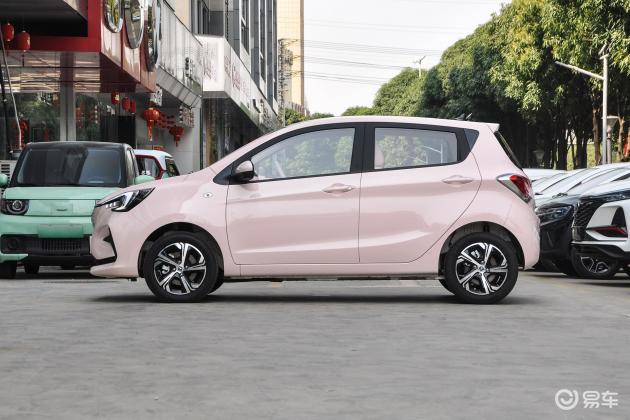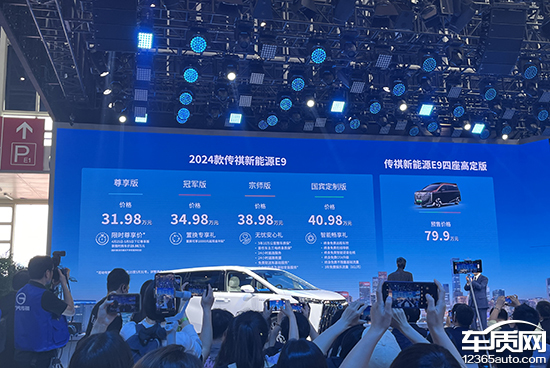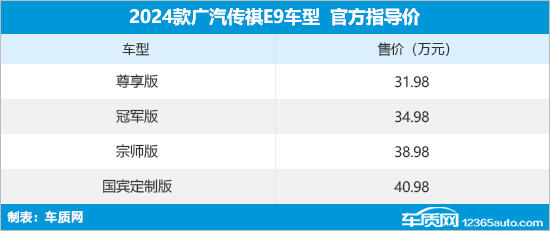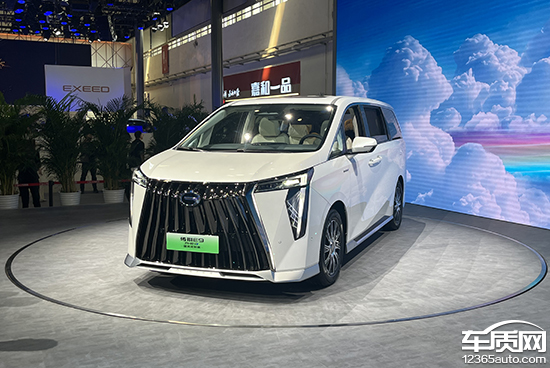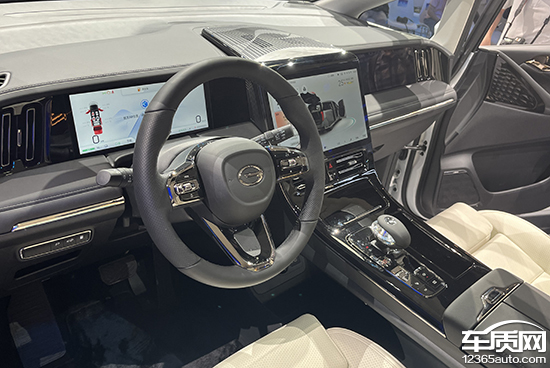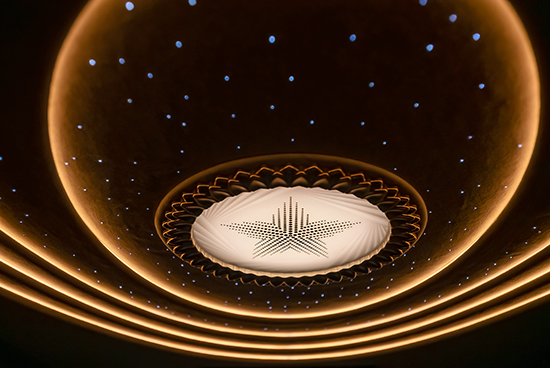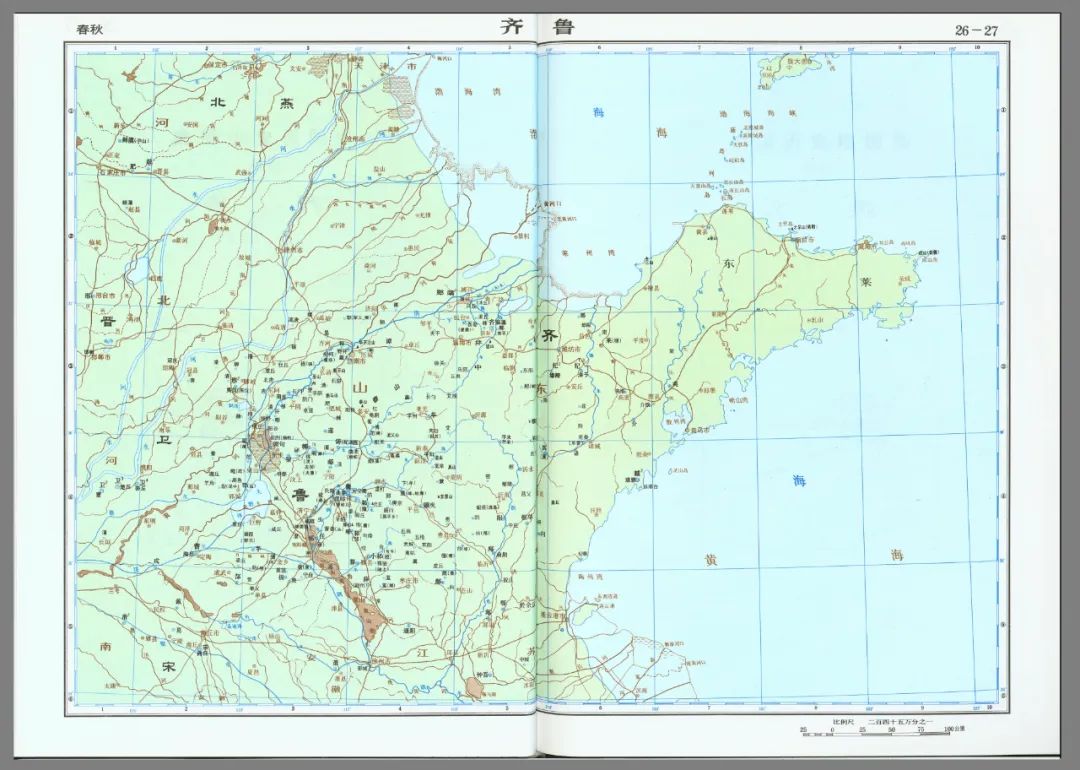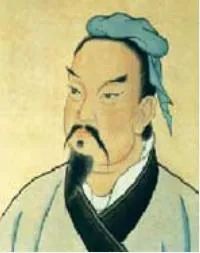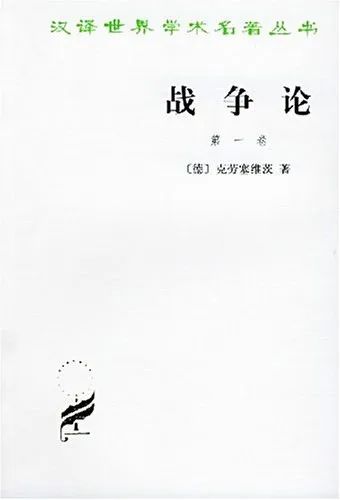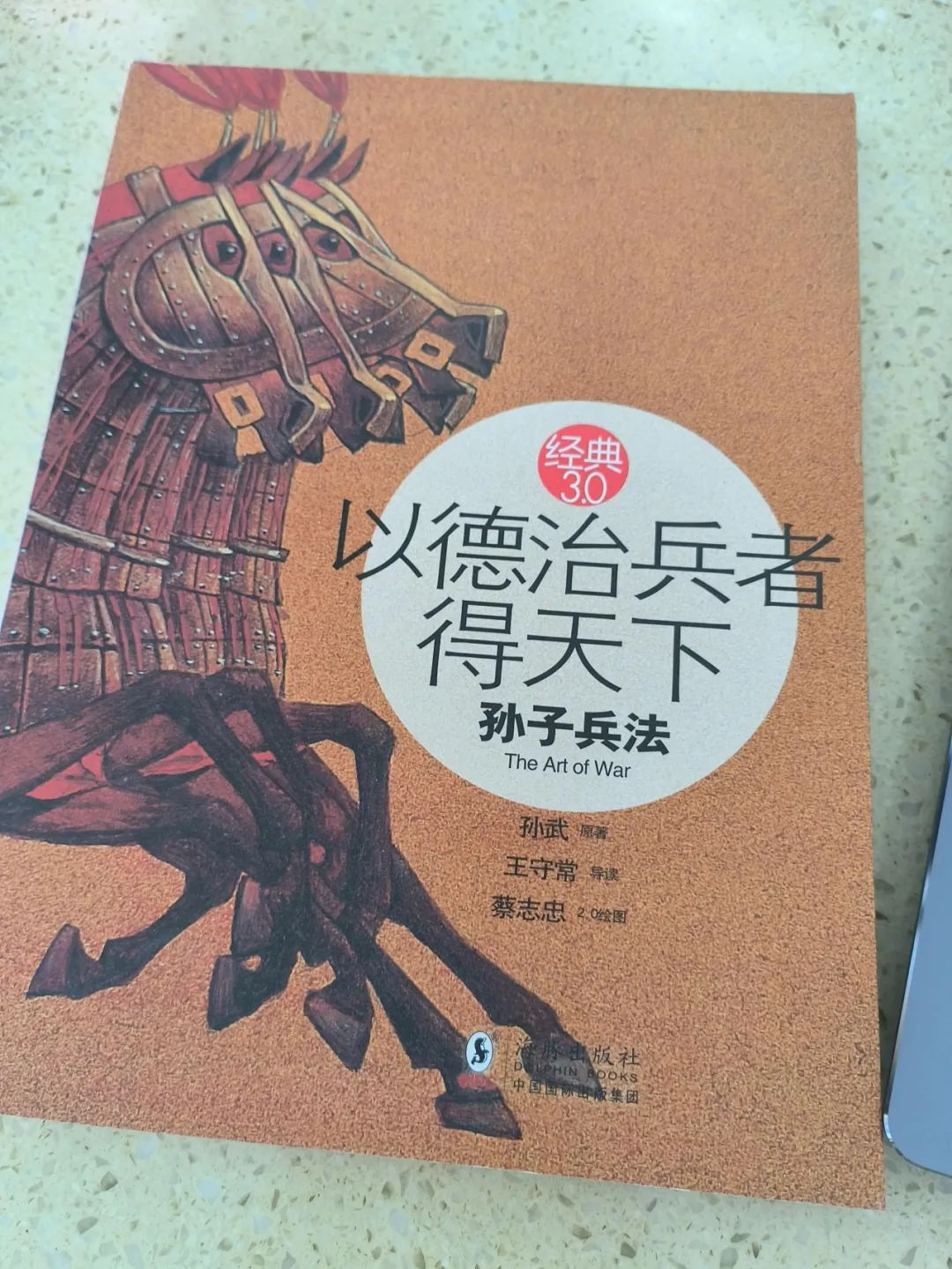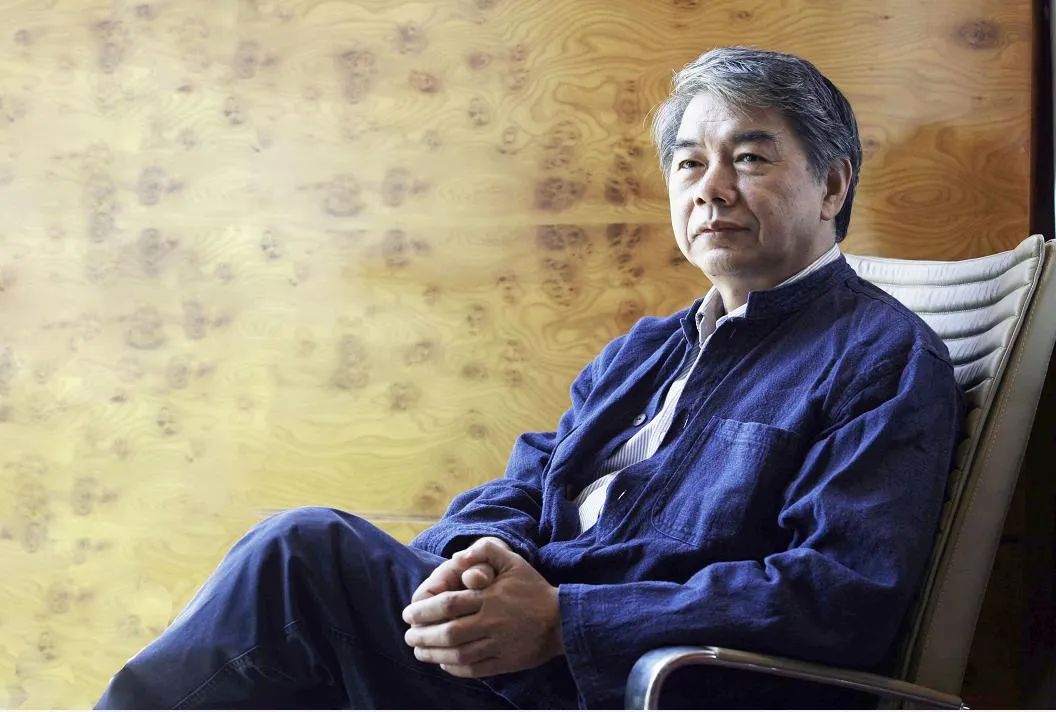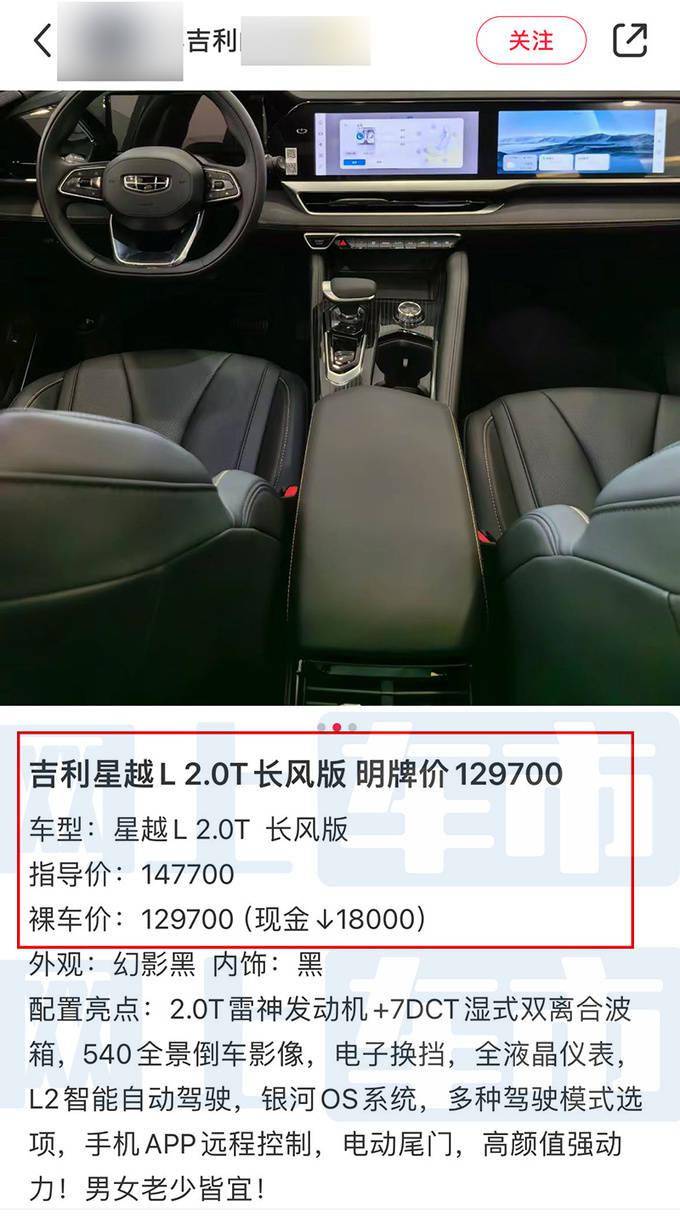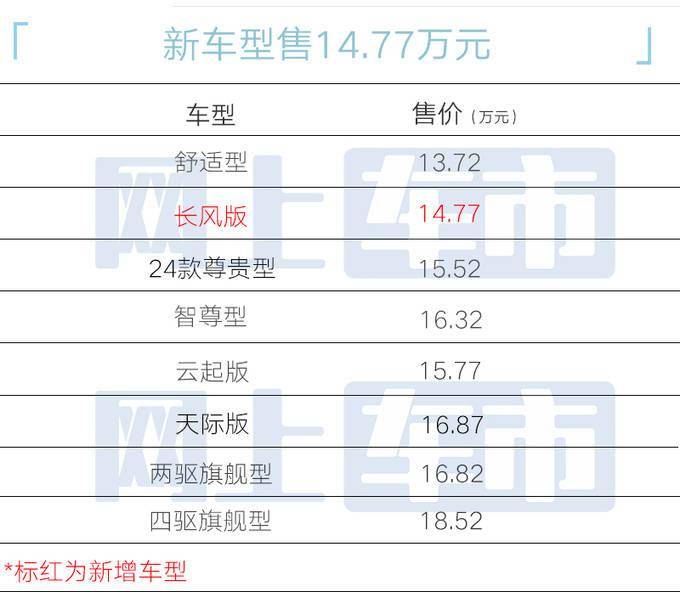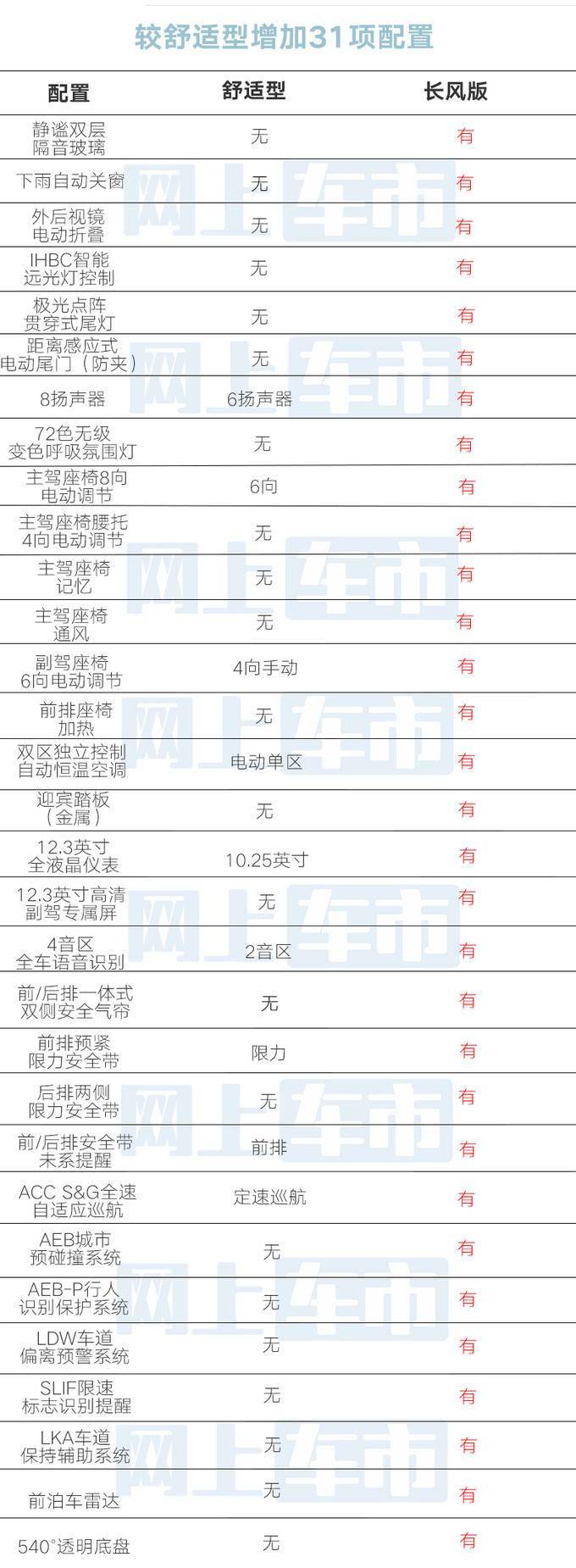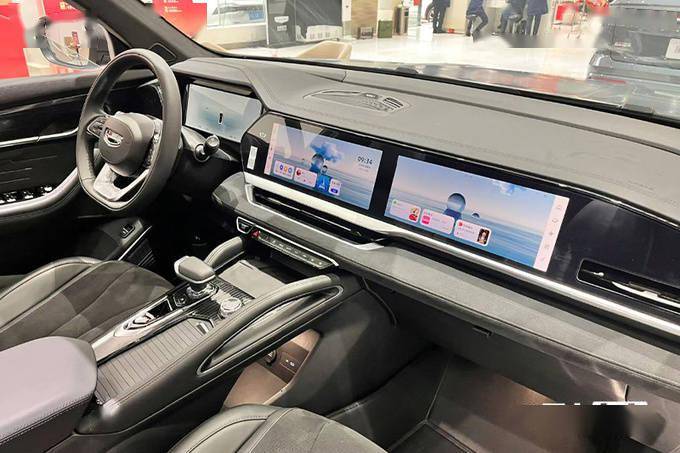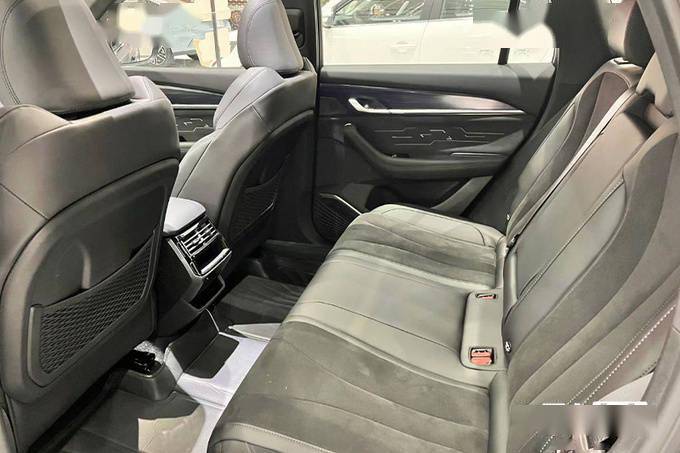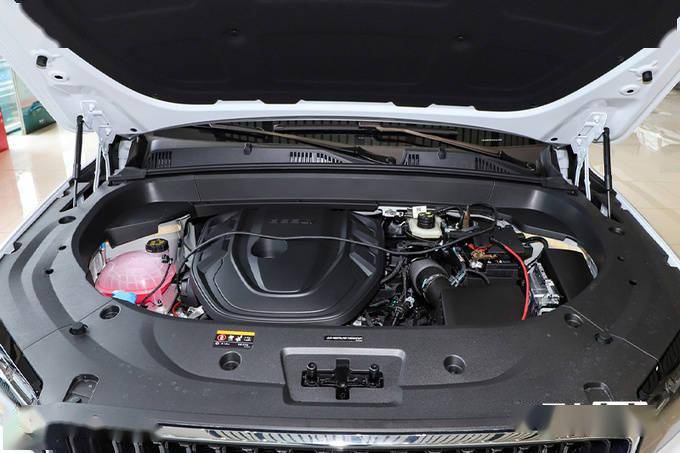
Figure/vision china
Up to now, at least 19 central enterprises supervised by SASAC have undergone executive adjustment, all of which are "key state-owned enterprises" at the vice ministerial level.
In 2023, many senior executives of central enterprises started intensive personnel adjustment. In April alone, three central enterprises, namely China Merchants Group, China Grain Reserve Management Group and China Aluminum Group, completed the coaching change. According to the reporter’s incomplete statistics of China Economic Weekly, up to now, at least 19 central enterprises supervised by SASAC have undergone executive adjustment, all of which are "key state-owned enterprises" at the vice ministerial level.
Dongfang Electric ushered in "from official to business" executives
Recently, the leadership of China Dongfang Electric Group has been updated, with a new deputy general manager and member of the party group Sun Guojun, and the number of members of the leadership team has also increased from 7 to 8.
According to public information, Sun Guojun graduated from Dongbei University of Finance and Economics, majoring in material management. He was a member of the Party Group of the Research Office of the State Council and the director of the First Division of Comprehensive Research (Development Strategy Research Division). He participated in the drafting of the the State Council government work report many times, which is a typical "from official to business".
Xu Baoli, a former researcher at the Research Center of the State-owned Assets Supervision and Administration Commission, gave a positive evaluation of this. He told the reporter of China Economic Weekly: "No matter whether businessmen enter the business or officials enter the business, the flow of talents between businessmen and officials has broken the restrictions of units and blocks, opened a channel for talent exchange between institutions and enterprises, and changed talent resources from’ internal circulation’ to’ internal circulation’.
In fact, the flow of talents between institutions and enterprises has been stipulated in China’s civil service law.
Article 69 of the Civil Servant Law of People’s Republic of China (PRC) stipulates: The state practices the civil servant exchange system. Civil servants can communicate within the civil servants and the staff managed with reference to this Law, and they can also communicate with personnel engaged in public affairs in state-owned enterprises and institutions not managed with reference to this Law.
The "Regulations on the Exchange of Party and Government Leading Cadres" also emphasizes the exchange of cadres between party and government organs and state-owned enterprises and institutions. Article 16 stipulates that only the leaders of state-owned enterprises and institutions are selected to serve in the party and government organs, and party and government leading cadres are recommended to serve in state-owned enterprises and institutions.
"Some cadres exchange positions between central enterprises and government departments, whether they are’ from business to official’ or’ from official to business’, as long as they meet the relevant regulations, it is a normal rational flow and rational allocation of human resources." Xu Baoli told the reporter of China Economic Weekly.
After being transferred to the position of Deputy General Manager of China Dongfang Electric Group, Sun Guojun has started intensive research in subordinate enterprises. On April 12th, the official WeChat of Dongfang Wind Power, a subsidiary of China Dongfang Electric Group, reported that Sun Guojun went to Dongfang Wind Power for investigation.
This is not the first time that China Dongfang Electric Group executives have adjusted this year. Before Sun Guojun took up his new job, at the beginning of this year, China Dongfang Electric Group had personnel changes. On February 1, 2023, the central government announced that Xu Peng, general manager and deputy secretary of the Party Group of China Dongfang Electric, was appointed as the director, general manager and deputy secretary of the Party Committee of China Yizhong.
China Dongfang Electric Group ranks 33rd in the list of central enterprises of SASAC, and it is an important state-owned key enterprise at the vice ministerial level.
China Star Network welcomes the new general manager.
As a vice-ministerial-level central enterprise that has just been established for two years and settled in Xiong ‘an, the senior management adjustment of China Satellite Network Group has attracted special attention.
According to a message on the website of the State Commission for Discipline Inspection of the Central Commission for Discipline Inspection on April 8, Gao Fei, the leader of the 14th patrol team of the Central Committee, met with Zhang Dongchen, secretary and chairman of the Party Group of China Star Network, and Zhang Hongtai, deputy secretary, director and general manager of the Party Group, and informed about the relevant arrangements for the patrol work.
According to the above information, Zhang Hongtai has been appointed as deputy secretary, director and general manager of China Star Network Party Group.
According to public information, Zhang Hongtai, born in November 1965, is a graduate student and researcher. He used to be the deputy director, director, deputy director and director of the research and production department of Xi ‘an Institute of Space Radio Technology, and the vice president and dean of the Fifth Research Institute of China Aerospace Science and Technology Corporation.
On May 24th, 2021, the Fifth Research Institute of China Aerospace Science and Technology Corporation held a meeting of leading cadres, announcing that due to work adjustment, Comrade Zhang Hongtai would no longer serve as the president and deputy secretary of the Party Committee of the Fifth Research Institute.
On April 29th, 2021, the State-owned Assets Supervision and Administration Commission of the State Council issued an announcement to establish China Satellite Network Group Co., Ltd. and put it on the list of central enterprises. Wang Yong, then State Councilor, pointed out at the inaugural meeting that the establishment of China Satellite Network Group Co., Ltd. was an important measure based on the overall national strategy and conforming to the general trend of scientific and technological industry reform. After the establishment of the company, Zhang Hongtai became the deputy general manager, and this adjustment was made.
The post of general manager of China Satellite Network Group Co., Ltd. was previously held by Yang Baohua, a former deputy general manager of China Aerospace Science and Technology Group Co., Ltd.
Since the beginning of this year, at least 19 central enterprise executives have adjusted.
China Satellite Network Group and Dongfang Electric Group are not the only central enterprises that have experienced executive adjustment this year. The reporter of China Economic Weekly found that up to now, at least 19 central enterprises have made adjustments, namely: China Aviation Industry Corporation, China Electronics Technology Group, Dongfeng Motor Group, China Commercial Aircraft Group, China Aerospace Science and Industry Group, State Grid, China Electronics and Information Industry Group, China Southern Airlines Group, China Construction Group, China Sinochem Group, China Aluminum Group, China Grain Reserve Management Group, China Merchants Group, China Shipbuilding Group and China. These 19 central enterprises are all deputy ministerial level.
Xu Baoli analyzed with the reporter of China Economic Weekly. Accurately speaking, central enterprises can be divided into three categories, namely, enterprises that are funded by the State-owned Assets Supervision and Administration Commission, enterprises that are funded by the Ministry of Finance, and enterprises that are funded by relevant central units. They are also collectively referred to as central enterprises in a broad sense. Generally speaking, the central enterprises we usually refer to are enterprises that are funded by SASAC.
Xu Baoli further pointed out that in the list of central enterprises of SASAC, the 1st to 54th central enterprises are important state-owned backbone enterprises, and their team members are managed by the Central Organization Department, with the chairman and general manager at the deputy ministerial level and other team members at the departmental level, such as Sinopec, State Grid and China Southern Airlines.
For the 55th to 98th central enterprises, the team members are managed by the Party Committee of the State-owned Assets Supervision and Administration Commission, with the chairman and general manager at the main department level, and other team members at the deputy department level, such as CRRC and China Poly.
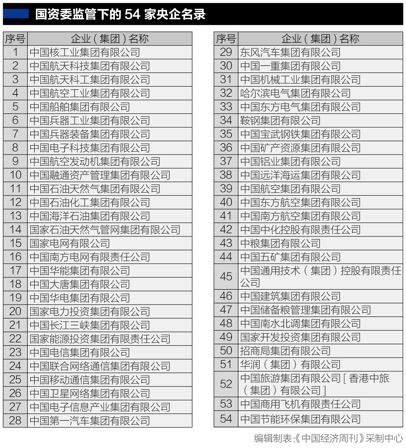
Most of them are adjusted because of "working age"
"Leaders of key state-owned enterprises managed by the Central Organization Department generally retire at the age of 63, and some are adjusted at the age of 61 and 62. The leaders of enterprises managed by the Party Committee of the State-owned Assets Supervision and Administration Commission generally retire at the age of 60, but the leaders of large-scale Fortune 500 central enterprises can also retire at the age of 63. " Xu Baoli said.
China Building Materials Group is an enterprise managed by the State-owned Assets Supervision and Administration Commission. Song Zhiping was the chairman of the group and retired at the age of 63. Brand Finance, a British brand finance consultancy, released the "Top 500 Global Brand Values in 2023" on January 18th, showing that China Building Materials Group has been shortlisted for five years in a row, and this year, on the basis of upgrading 20 places last year, it has steadily upgraded 16 places to the 233rd place.
Although China Building Materials ranks 63rd in the list of enterprises of SASAC, and it is not a central enterprise at the deputy ministerial level, China Building Materials has been listed among the top 500 in the world since 2018. Born in Song Zhiping in October 1956, he will be 63 years old when he retires in November 2019.
The reporter of China Economic Weekly found that some of the senior executives of central enterprises mentioned the "working age" this year.
For example, China Aviation Industry Corporation. On March 1, 2023, the central government announced the decision to remove the chairman and party secretary of China Aviation Industry Corporation: according to the needs of work and the relevant regulations on the age of the leaders of central enterprises, Comrade Tan Ruisong was removed from the post of chairman and party secretary of China Aviation Industry Corporation.
According to public information, Tan Ruisong was born in February 1962, and he was 61 years old when he was removed from office in March.
A similar situation exists in China Electronics Technology Group. According to the news from WeChat official account, China Electric Power Branch, at the recent meeting of the Central Committee on the leadership of China Electronics Technology Group, the Central Committee announced the decision to adjust the company’s chairman and party secretary: according to the needs of work and the relevant regulations on the age of the leaders of central enterprises, Comrade Chen Zhaoxiong was removed from the post of chairman and party secretary of China Electronics Technology Group Co., Ltd.
Chen Zhaoxiong was born in September, 1961. Since then, he has been dismissed, and he is nearly 62 years old.
Similarly, Zhu Yanfeng, the former chairman of Dongfeng Motor Group, was born in March 1961 and was 62 years old when the central government announced his dismissal in March.
The above three dismissed cadres are all middle-ranking cadres, all over 60 years old. In addition, the reporter of China Economic Weekly combed and found that in the recent adjustment of senior executives of central enterprises, "working age" was also mentioned, and some senior executives just turned 60. For example, Chi Jingtao, the former general manager of China Grain Storage, who was dismissed in April this year, was born in January 1963. When the central government announced his dismissal, he was 60 years old.
In addition, in the adjustment of senior executives of central enterprises this year, there were also cases of announcing dismissal and proposing "another appointment".
On February 1st, 2023, the Central Committee announced that Wen Gang was removed from the post of Chairman and Party Secretary of China Rongtong Asset Management Group Co., Ltd. and was appointed separately.
At the same time, at the meeting of middle-level and above managers of China Shipping Group Co., Ltd. held on the same day, the central government announced that Wen Gang was appointed as the chairman and party secretary of China Shipping Group Co., Ltd.
The senior executives of central enterprises adjusted this year also have post adjustments within the same central enterprise. The Organization Department of the Central Committee of the Communist Party of China recently issued a notice appointing Comrade Wang Jiezhi as the director and deputy secretary of the party group of China National Nuclear Corporation, and removing him from the post of head of the discipline inspection and supervision team of China National Nuclear Corporation.
"There are a variety of situations in the adjustment of the positions of leaders of central enterprises, but we must adhere to the principle of party management of cadres when adjusting. According to the Regulations on the Management of Leaders of Central Enterprises, we should select good cadres who are loyal to the party, brave in innovation, well-managed enterprises, promising enterprises, and honest and clean. These are also the concretization of good cadre standards in state-owned enterprises. " Xu Baoli said.
Source | China Economic Weekly Wang Hongru
Original title "19 deputy ministerial-level central enterprises have changed their" heads ""


